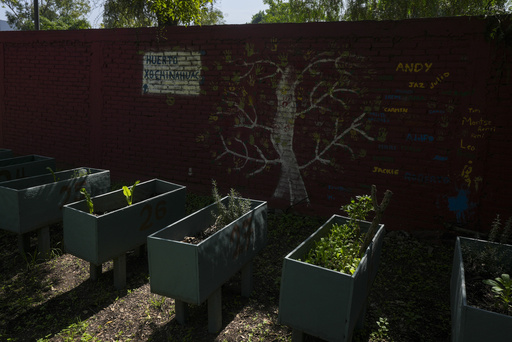In Mexico City, residents are increasingly turning to rainwater harvesting systems due to prolonged drought and inconsistent public water delivery. Isla Urbana, a leading company in this initiative, has installed over 40,000 rain catchment systems in Mexico over the past 15 years. The government of Mexico City has also invested in around 70,000 systems since 2019. However, there is a lack of education and resources for maintaining these systems, leading to disuse or residents selling off parts.
To address this issue, Sonia Estefanía Palacios Díaz and a group of women formed the cooperative Pixcatl, which focuses on keeping rainwater harvesting systems operational in lower-income areas like Iztapalapa. Palacios Díaz, who has faced water scarcity for as long as she can remember, emphasizes the importance of educating residents on system maintenance. As the reservoirs supplying the capital remain low due to the ongoing drought, rainwater harvesting has become a vital solution for many.
Pixcatl provides maintenance services for these systems, ensuring they collect clean rainwater efficiently. By cleaning filters, adding chlorine, and conducting regular inspections, the cooperative helps residents like Sara Huitzil Morales benefit from reliable water sources. Huitzil, who previously faced water shortages and dirty supply, now enjoys clean water for various household uses thanks to the harvesting system.
With over 1.8 million residents, Iztapalapa has been a primary beneficiary of Mexico City’s rainwater harvesting program. However, economic hardship and maintenance challenges have led some residents to sell off parts of their systems. Loreta Castro Reguera, an architecture professor, advocates for rainwater harvesting as a sustainable solution during the rainy season, reducing reliance on the strained Cutzamala system.
Palacios Díaz and the Pixcatl cooperative envision expanding rainwater systems to markets, malls, and community spaces to meet diverse water needs. By customizing designs and advocating for water harvesting, they hope to inspire more women and young girls to engage in this essential environmental work. As they tackle environmental and economic challenges, their efforts highlight the importance of sustainable water practices in urban areas.


